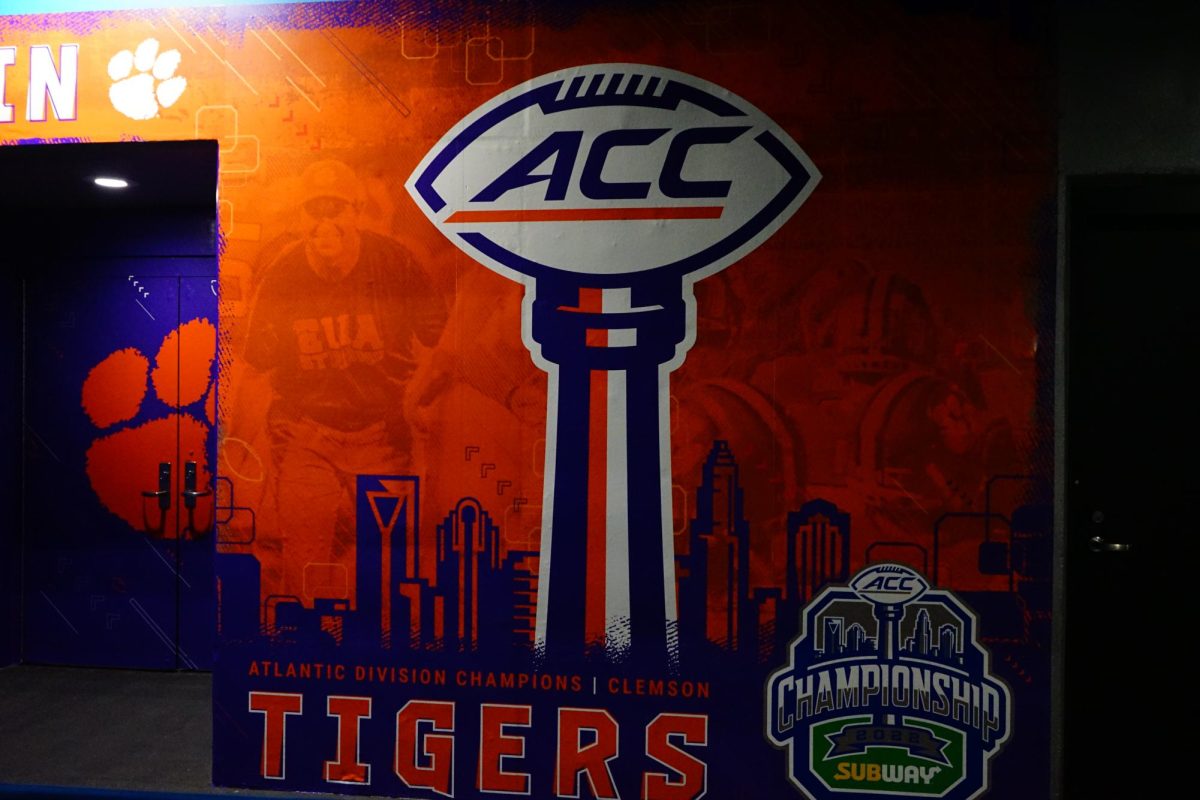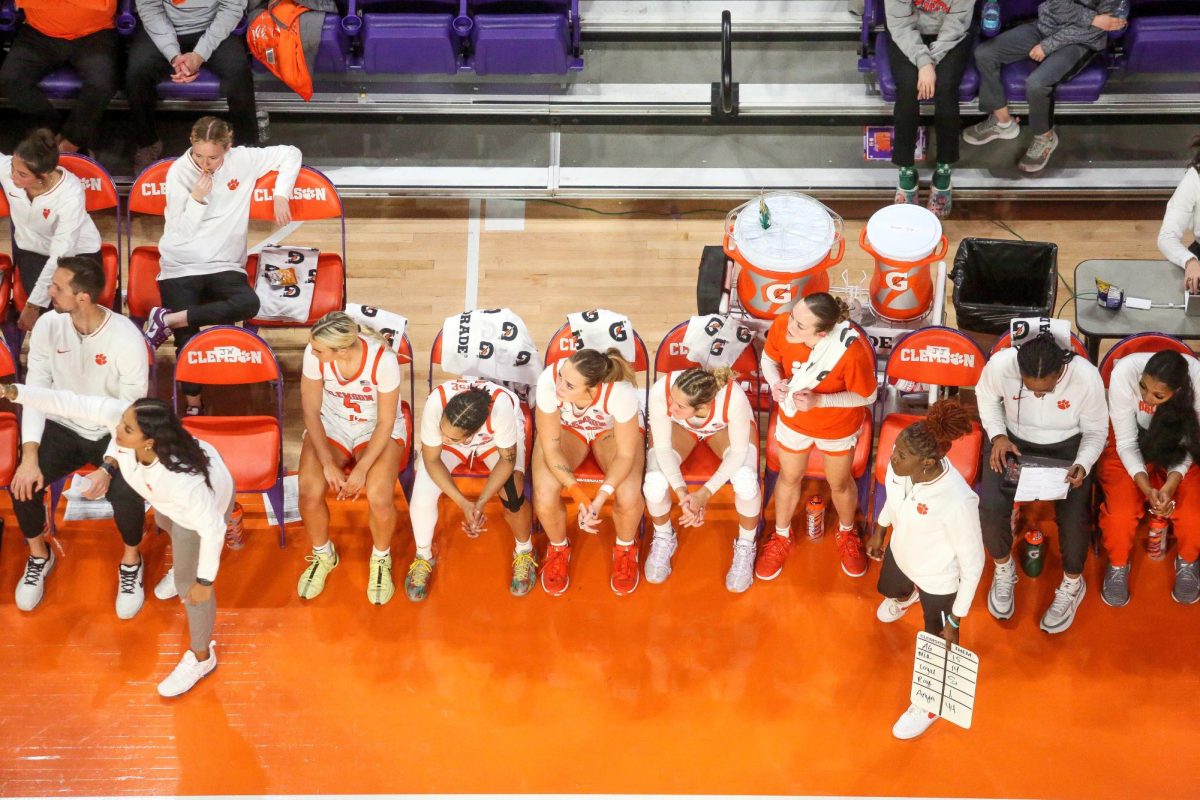With the addition of Stanford, Cal and SMU to the ACC in the 2024-2025 school year, big changes are coming for Clemson student-athletes.
After weeks of rumors circulating about an impending expansion, the ACC presidents and chancellors officially voted on Sept. 1 to add Cal, Stanford and SMU to the conference beginning in the 2024-2025 school year.
The ACC will now have 18 teams in 2024 for all sports outside of football, which will have 17 teams due to Notre Dame being an independent program.
Speaking to the media after the expansion was made public, ACC Commissioner Jim Phillips discussed how the move affects the conference and what the travel plans are when the schools are added next year.
With Cal and Stanford located in California and SMU located in Texas, many of the teams in the ACC, including Clemson, will have long plane rides across the country for away games and competitions.
For football, East Coast teams will travel to the West Coast to face Cal and Stanford every other year, Phillips said. Cal and Stanford, on the other hand, will travel to the East Coast three to four times per season.
As for basketball, Clemson and the other current ACC teams will travel to the West Coast twice every season, according to Phillips. Meanwhile, Cal and Stanford will come to the East Coast three to four times per year, playing in two games per trip.
Outside of football and basketball, Phillips remained adamant that many sports won’t be affected.
“We have 14 of our 28 sports that won’t even be affected by this move. When you think about the track and fields and the cross country and the golf, etc. They go to invitationals. They go to jamborees where you invite 10 or 12 schools from a variety of conferences, and you show up,” Phillips said.
Phillips added that baseball and softball teams will travel to opposite coasts for one weekend series before flying back home.
To add the three schools, the ACC needed 12 of 15 programs to vote “yes.” Clemson was against the expansion move and was one of the three teams that voted “no,” according to On3’s Matt Connolly.
“Clemson’s leadership has been aligned and consistent throughout this process, and continues to position our University for long-term success,” Clemson University said in a statement after the vote. “We respect the conference membership’s decision and welcome the University of California-Berkeley, Southern Methodist University and Stanford University to the ACC.”
In response to the move, Clemson football head coach Dabo Swinney said the move didn’t surprise him.
“I just focus on what I control. I don’t control any of that stuff. I don’t get distracted by any of that. So I think, not surprised is my reaction,” Swinney said. “Nothing really surprises me anymore when it comes to college football and those are certainly three really good institutions for sure.”
Along with Clemson, Florida State and UNC voted against the move to expand the ACC. After initially being opposed to the expansion, NC State ultimately flipped its vote to be the 12th school needed to finalize the addition, according to The Athletic’s Nicole Auerbach.
“We are thrilled to welcome three world-class institutions to the ACC, and we look forward to having them compete as part of our amazing league,” Phillips said in a statement. “Throughout the evaluation process, the ACC Board of Directors, led by President (James) Ryan, was deliberate in prioritizing the best possible athletic and academic experience for our student-athletes and in ensuring that the three universities would strengthen the league in all possible ways. Cal, SMU and Stanford will be terrific members of the ACC and we are proud to welcome their student-athletes, coaches, staff and entire campus community, alumni and fans.”
Hours after the vote, UNC Chancellor Kevin M. Guskiewicz released the following statement.
“I respect the outcome of today’s vote and welcome our new members to the ACC. My vote against expansion was informed from feedback I have gathered over the last several weeks from our athletic leadership, coaches, faculty athletic advisors, student-athletes, and a variety of other stakeholders who care deeply about our University and the success of our outstanding athletic program,” the statement read.
Florida State President Richard McCullough issued a statement as well, publicly stating it voted “no” to the expansion.
“We appreciate the efforts of Commissioner Phillips and our conference partners,” McCullough said. “There are many complicated factors that led us to vote no. That said, we welcome these truly outstanding institutions and look forward to working with them as our new partners in the Atlantic Coast Conference.”
The ACC’s move comes after the Big Ten and SEC have both poached several programs over the last few years, most recently in early August when the Big Ten added Oregon and Washington.










